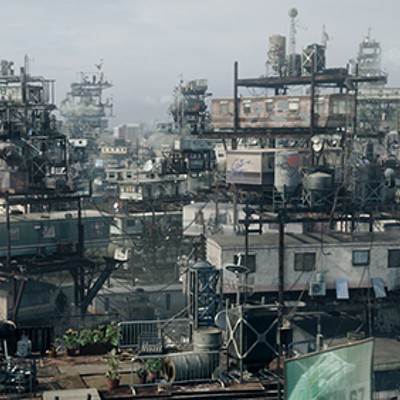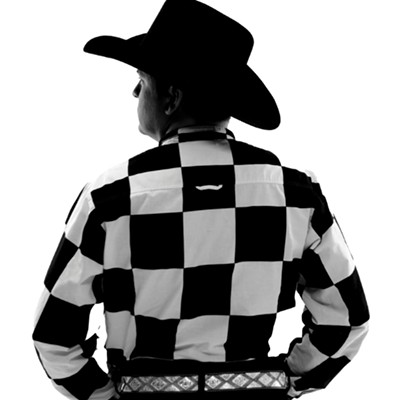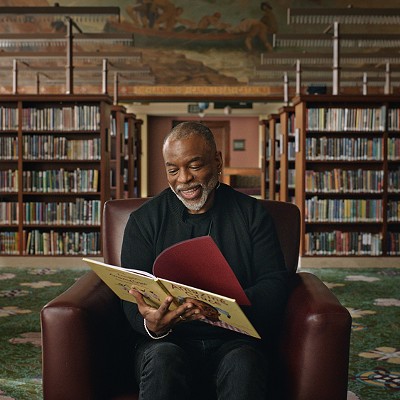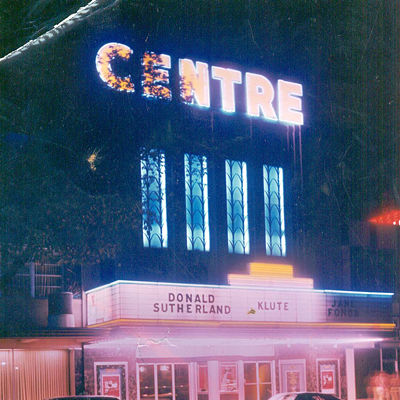The latest work from notoriously deliberative writer/director Terrence Malick (“The New World”) is, by turns, ambitious and audacious, bold and bewildering.
Not many pictures are so adventurous, pretentious and/or flatout ballsy — take your pick — as to interrupt its principal story to reveal the origin of the cosmos, but “Tree” does just that. It is an art film that boasts dinosaurs and a coming-of-age drama with more questions than final-reel epiphanies. It is “2001” with a Texas twang. It is, in a word, amazing.
That doesn’t mean Malick’s fifth feature in four decades is for everyone. This is the sort of movie about which my 81-year-old mother likes to say felt like it lasted for eight hours. Opening Friday, “Tree” took top honors at the Cannes Film Festival, but it drew as many boos as cheers.
Its pretentiousness is breathtaking.
In centering on an ostensibly unremarkable Texas family in the 1950s, Malick probes the mysteries of the universe, questions about God and virtue, and the interconnectedness of all life. That’s heady stuff, all right, preordained to divide audiences.
Newcomer Hunter McCracken is tremendous as 11-year-old Jack. Growing up in Eisenhower-era Waco, he and his two younger brothers do dumb-kid stuff as they orbit around the disparate worlds of their parents.
Their father (Brad Pitt, ”Inglourious Basterds,”), a middle-class salesman bitter from dreams unfulfilled, cautions his sons, “If you want to succeed, you can’t be too good.” Chafing from their dad’s explosive temper, the boys find solace with their quietly suffering mother (Jessica Chastain, “Jolene”).
The story is driven by images and impressions, not plot. Jack and his siblings increasingly are caught between their parents, or the dueling polarities of Nature and Grace, as the film spells out in the opening minutes.
Malick, who grew up in Texas and Bartlesville, fashions a mosaic of nonlinear imagery both real and imagines, shuttling between Sean Penn (“Fair Game”) as grown-up Jack, now a Houston architect, and the fragmented remembrances of a childhood steeped in the requisite joys, sorrows and casual cruelties. In so doing, “Tree” captures something fundamental and almost mystical about memory.
Lyrical and overflowing with sumptuous visuals, “The Tree of Life” unfolds as a sort of cinematic poem. The production is flawless, from Alexandre Desplat’s beautiful score to the dazzling work of cinematographer Emmanel Lubezki.
Taken as a whole, it is provocative and sprawling enough to invite a spectrum of interpretations, at least until a final sequence that owes more than a bit to European art-house films of the 1960s.
But let’s not nitpick. “The Tree of Life” is destined to be sliced and diced in film classes around the country for years to come. Better yet, experience it yourself — on the largest screen possible.











